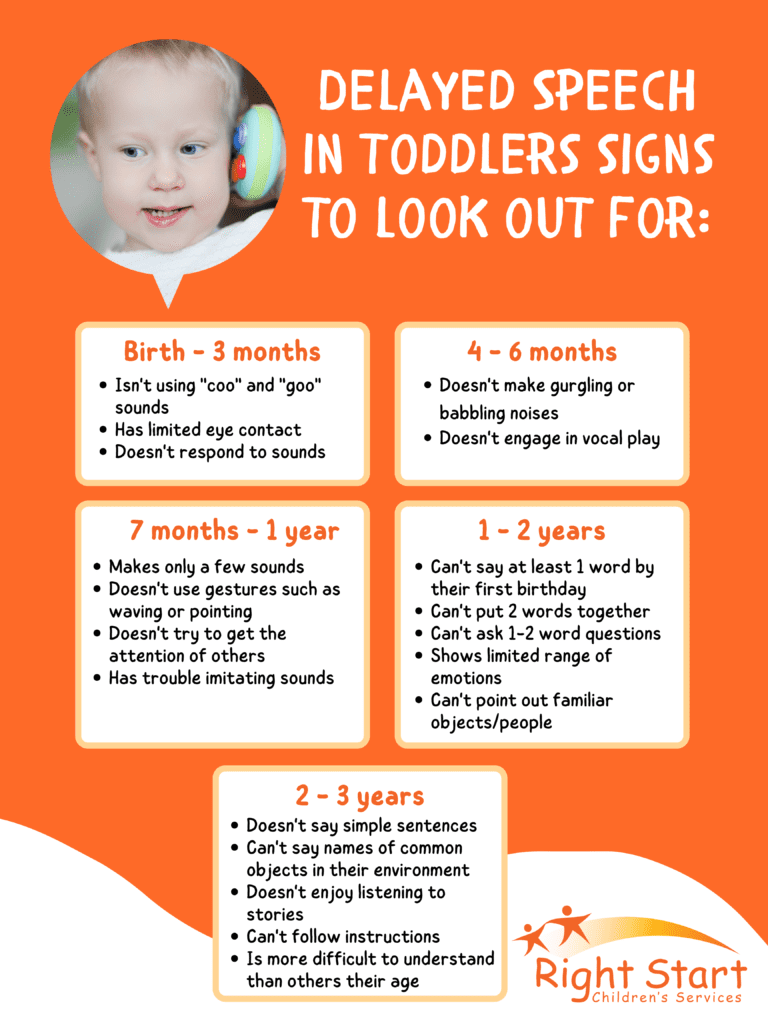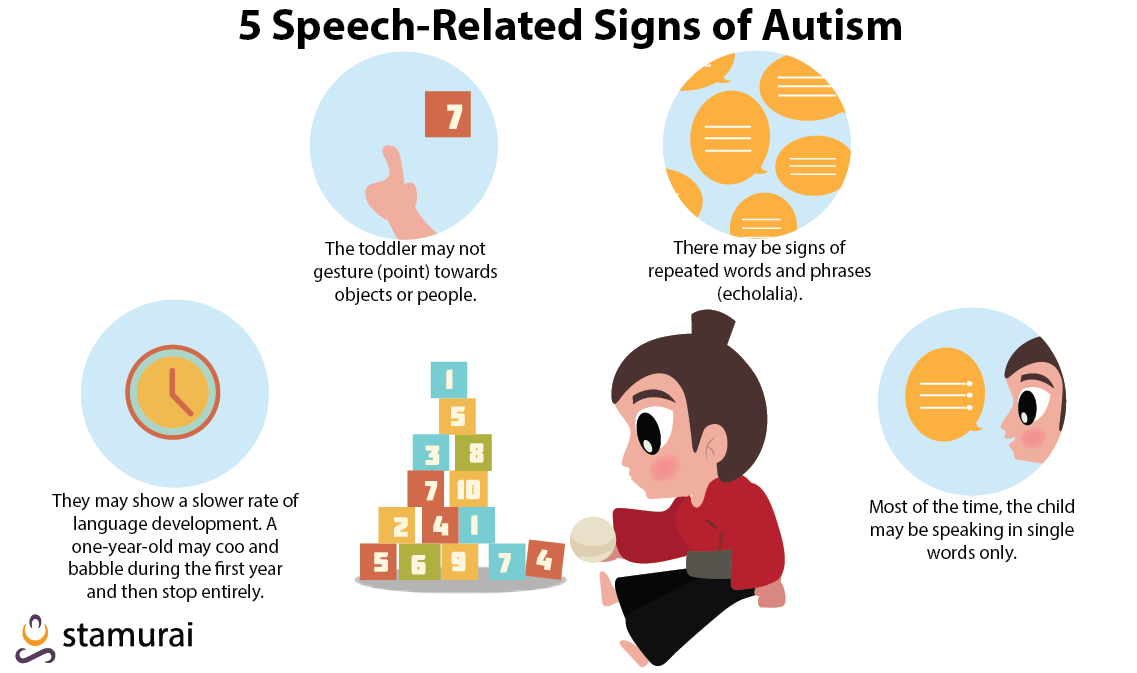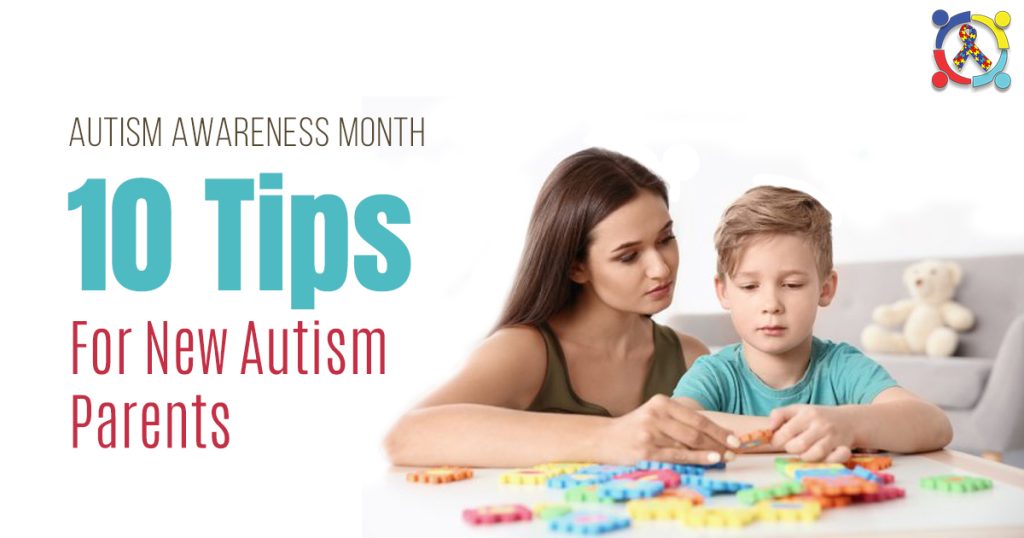Is your 2-year-old not talking as much as other toddlers? You’re not alone.
Many parents worry when their child doesn’t hit certain milestones, especially with speech. It’s natural to feel concerned and want answers. Understanding why your little one might be experiencing a speech delay can ease your worries and guide you towards helpful solutions.
This article will provide you with insights into common reasons for speech delays in toddlers, and practical tips to encourage language development. You’ll discover simple strategies that you can start using today, making a big difference in your child’s communication skills. Keep reading to learn how to support your child’s growth and boost their confidence in expressing themselves.

Credit: www.sounderic.com
Signs Of Speech Delay
A 2-year-old may show speech delay if they use fewer than 50 words. Difficulty combining words into simple phrases is another sign. Not responding to simple questions or commands can also indicate a delay. Early intervention can help improve communication skills.
Noticing speech delay in a 2-year-old can be concerning for any parent. Understanding the signs can help you determine whether your child might need additional support. It’s important to remember that children develop at their own pace, but being aware of typical milestones can be a helpful guide.
Typical Speech Milestones
By the age of two, most children should be able to say around 50 words. They often begin to combine two words to form simple sentences like “more juice” or “big truck.” At this stage, your child should also start to follow simple instructions and point to objects or pictures when they are named. Children typically enjoy repeating words they hear and might be able to name some body parts. Their vocabulary should be expanding rapidly, and they usually enjoy listening to stories and rhymes. Does your child show an interest in communicating and engaging with you verbally?
Indicators Of Delay
If your 2-year-old says fewer than 50 words, this could be a sign of speech delay. Pay attention if your child isn’t using two-word phrases or if they seem frustrated when trying to communicate. You might also notice that they don’t respond consistently to their name or struggle to follow simple directions. Another indicator is if your child isn’t showing interest in interacting with others through speech. A lack of pointing to objects or pictures, or not showing interest in playing interactive games, can also be concerning. How does your child react when you read them a story or sing a song? The key is to stay observant and proactive. If you notice any of these signs, consider reaching out to a pediatrician or a speech therapist. Early intervention can make a significant difference in helping your child reach their full potential. Wouldn’t you agree that understanding these signs can empower you to take the right steps for your child’s development?

Credit: www.rightstartservices.com
Common Causes
Understanding speech delay in two-year-olds can ease parental concerns. Knowing common causes helps in addressing the issue effectively. These causes range from hearing issues to environmental factors.
Hearing Issues
Children with hearing issues might struggle to develop speech. Hearing problems can arise from infections or fluid buildup in the ears. Sometimes, they are detected only when speech delays become noticeable. Regular hearing tests can identify problems early. Treatment can then support speech development.
Developmental Disorders
Developmental disorders impact speech development significantly. Autism, for example, affects communication skills. Children with autism may have limited speech or unusual speech patterns. Early intervention offers better outcomes. Therapies can support speech and communication skills. Other disorders, like Down syndrome, also affect speech. Each child needs a tailored approach to support their speech development.
Environmental Factors
The environment plays a crucial role in speech development. Limited interaction with adults can delay speech. Children learn from listening and talking with caregivers. If caregivers talk less, children may speak less. Lack of exposure to varied vocabulary can also delay speech. Engaging with children through books and conversations helps them learn new words. A rich language environment fosters better speech development.
Seeking Professional Help
Speech delay in a 2-year-old can be concerning for parents. It’s crucial to know when to seek professional help. Early intervention can make a big difference. A speech specialist can offer guidance and support. They provide tailored strategies to aid your child’s development.
When To Consult A Specialist
Parents should watch for key speech milestones. A child should say simple words by age two. If they don’t, it might be time to see a specialist. Look for other signs too. Limited vocabulary or frustration when communicating can indicate a delay. Trust your instincts as a parent. Early consultation can prevent future issues.
What To Expect From Evaluations
During evaluations, specialists assess various aspects. They observe your child’s ability to understand language. They also check their ability to express themselves. Expect questions about your child’s communication history. A thorough evaluation helps identify specific challenges. The specialist will then create a personalized intervention plan. This plan aims to support your child’s unique needs.
Tips For Encouraging Speech
Speech delay in 2-year-olds can be a concern for many parents. Encouraging speech development in toddlers is crucial. Simple, everyday interactions make a big difference. Here are some practical tips to help your child with speech delay.
Interactive Play
Interactive play builds vocabulary and communication skills. Choose toys that encourage talking. Puppets, dolls, and action figures work well. Use them to create stories together. Make it fun and engaging. Ask questions like, “What is the doll doing?” or “Where is the car going?” This encourages your child to think and respond.
Reading Aloud
Reading aloud introduces new words and sounds. Choose colorful, picture-filled books. Point at pictures and name them. Encourage your child to repeat the names. Books with rhymes or repetitive phrases are excellent choices. They help your child anticipate words and sounds.
Speech-enhancing Activities
Simple activities can boost speech development. Sing songs with your child. Use songs with actions to make it fun. Play games like “Simon Says” to practice listening and speaking. Encourage your child to describe their day. Ask, “What did you play with today?” or “What did you eat?” This helps them practice forming sentences.
Role Of Parents
Parents play a vital role in addressing speech delays in 2-year-olds. Engaging in regular conversations and reading aloud can support language development. Encouraging expression through play and listening attentively fosters a nurturing environment for speech improvement.
The role of parents is crucial when it comes to addressing a 2-year-old’s speech delay. As a parent, you are your child’s first teacher and greatest advocate. Your involvement and support can make a significant difference in helping your child overcome speech challenges. Being proactive and engaged can create a nurturing environment that fosters your child’s language development.
Creating A Supportive Environment
Creating a supportive environment starts with being attentive and responsive to your child’s needs. Talk to your child regularly, even if they aren’t speaking much yet. Share stories, describe your activities, and engage them in conversations. Make reading a daily habit. Choose books with colorful pictures and simple words. Point to the images and say the words, encouraging your child to mimic you. Encourage play that involves sounds and words. Singing songs, playing rhyming games, and using puppets can make learning fun. You might notice your child trying to repeat after you, which is a great sign.
Monitoring Progress
Monitoring progress is essential to understand if your efforts are helping. Keep a journal to track new words your child learns each week. This can help you see patterns and growth over time. Regularly assess how your child interacts with others. Are they more engaged during playdates or storytime? This can give you insights into their comfort levels and interests. Set realistic goals and celebrate small victories. Did your child say a new word today? Give them praise and encouragement. Your positive reinforcement can boost their confidence and motivation. As a parent, you might wonder if there’s more you can do. Always trust your instincts and don’t hesitate to seek professional guidance if needed. Every child develops at their own pace, but your active involvement is a key ingredient in their speech development journey. How have you created a supportive environment for your child? Share your experiences and tips with other parents in the comments below.

Credit: www.stamurai.com
Resources And Support
Parents can find help for a 2-year-old’s speech delay through online resources and local support groups. Speech therapy, books, and workshops offer guidance. Early intervention often leads to improvement.
When you first realize your 2-year-old might have a speech delay, it can feel overwhelming. However, you’re not alone, and there are plenty of resources and support systems available to help you and your child. Understanding and utilizing these resources can make a significant difference in your child’s development. Let’s dive into some practical ways you can find help and support.
Support Groups
Connecting with other parents who are experiencing similar challenges can be incredibly comforting. Support groups offer a space to share experiences, advice, and encouragement. You might find these groups in your local community or online. Many parents have found Facebook groups dedicated to speech delays particularly helpful. These groups provide a platform to ask questions and get real-world advice from those who have walked the same path. If you prefer in-person interaction, check with local community centers or hospitals for any parent groups focused on speech and language development.
Educational Materials
Access to the right educational materials can empower you to actively support your child’s speech development. Books, online courses, and even apps can provide valuable insights and exercises. Consider books like “It Takes Two to Talk” by Jan Pepper, which offers practical techniques to encourage speech. Online platforms like Khan Academy and YouTube offer free resources and tutorials. Don’t forget about apps specifically designed for speech development, such as Speech Blubs. These tools can make learning fun and interactive, encouraging your child to engage more readily. By taking advantage of these resources and support networks, you’re not just helping your child – you’re also empowering yourself. What’s the first step you’ll take to support your child’s speech development today? Remember, every small effort counts.
Frequently Asked Questions
Is It Normal For A 2-year-old To Have Speech Delay?
Yes, it’s fairly common for 2-year-olds to experience speech delays. Each child develops at their own pace. Encouraging communication and consulting a pediatrician can help identify any concerns. Early intervention often leads to improvement in speech skills.
What Is A Red Flag For Speech Delay?
A red flag for speech delay is when a child isn’t speaking any words by 18 months. Limited vocabulary, difficulty understanding simple instructions, or inability to form two-word phrases by age two are also concerning signs. Early intervention is crucial for addressing potential speech and language issues.
What Qualifies A 2-year-old For Speech Therapy?
A 2-year-old may qualify for speech therapy if they have limited vocabulary, struggle with understanding simple instructions, or exhibit difficulty forming words clearly. Early intervention helps improve communication skills and addresses developmental delays effectively. Consult a pediatrician or speech-language pathologist for a professional assessment.
Can A Toddler Have Speech Delay And Not Be Autistic?
Yes, a toddler can have speech delay without being autistic. Various factors like hearing issues, bilingual environment, or developmental differences can cause speech delays. It’s important to consult a pediatrician for an accurate assessment. Early intervention can help address speech delays effectively.
Conclusion
Early speech delays can be concerning for parents. It’s important to stay calm and observe your child’s progress. Simple activities like reading and talking can help. Encourage interaction with other children. Consult a pediatrician if worries persist. Early intervention can make a difference.
Remember, every child develops at their own pace. Patience and support are key. Celebrate small achievements along the way. Keep communication open and loving. Your child is learning in their unique way. Stay positive and proactive. Support their journey with understanding and care.

